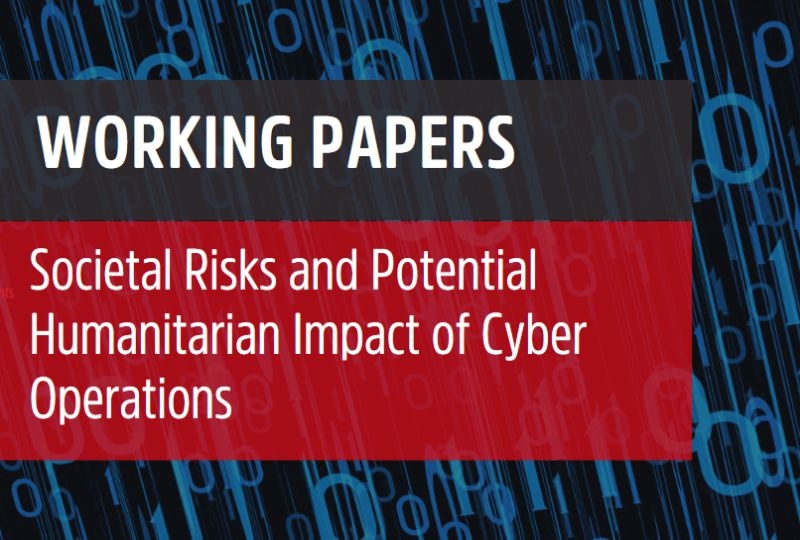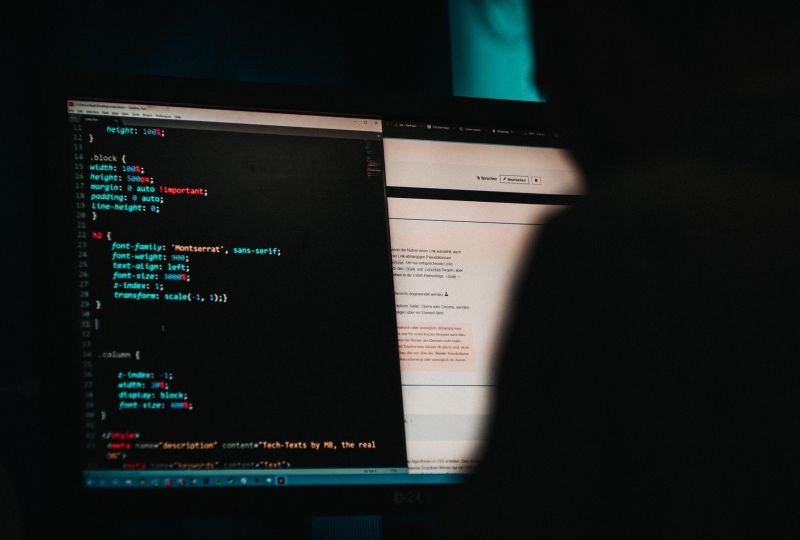Written by Pia Hüsch and Henning Lahmann, the report details in five distinct parts the actors involved in adversarial cyber operations, the methods they use, their objectives, on what the vulnerabilities of the targets depends, and what can be done to strengthen these targets’ resilience against cyber harm.
A sixth concluding part briefly touches upon some of the legal issues raised during the workshops and consultations that merit more in-depth consideration.
‘The main takeaways are that the different actors have become significantly more sophisticated in their attacks, using ever-more intricate methods – often in combination (e.g. a ransomware attack followed by an information operation). It has become more frequent to target entire societies, which is partly a function of increasing vulnerabilities especially in sectors where the digital transformation has been happening too quickly’ explains Henning Lahmann.








